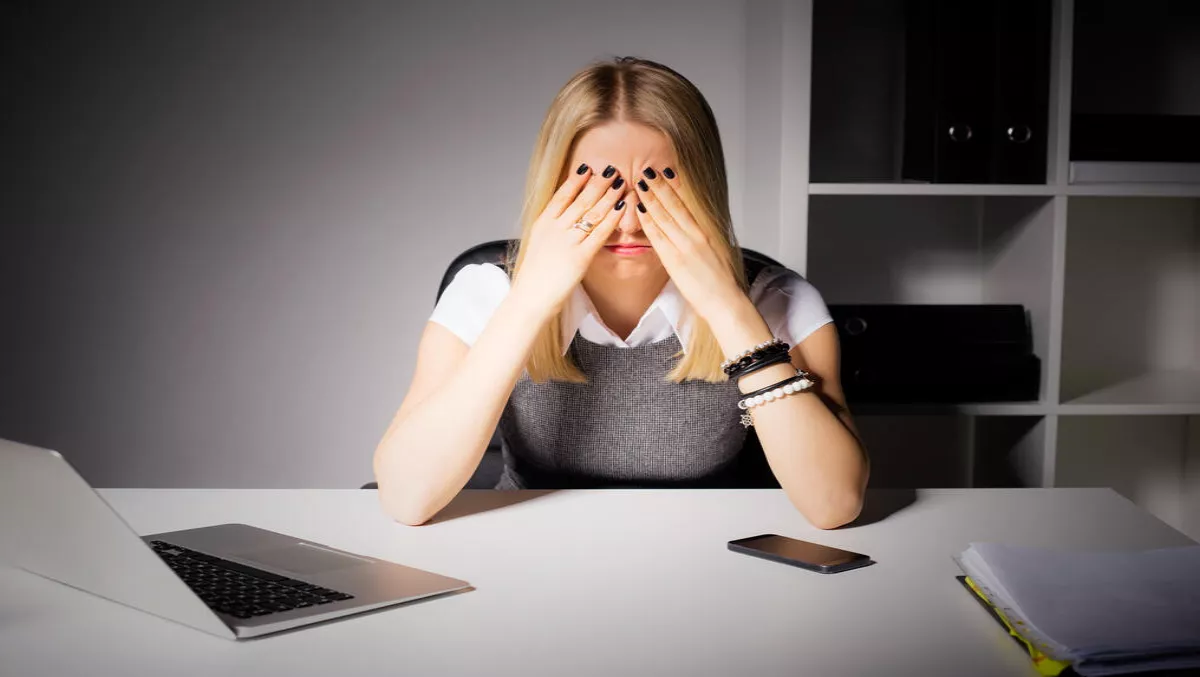
As the journey towards becoming a digital nation continues, the NZ optometrist community is encouraging people to think of the potential strain on their eyes over years of device use.
If you experience strained vision, headaches, sleep deprivation and dry eyes, the chances are this is because of the high energy blue light from screens, which progresses the longer people stare at their devices and switching between them.
Research from Eyezen has discovered that 87% of optometrists are concerned about the number of people coming to them with eye damage - and some of those people are as young as five years old.
Those in the 30-40 age bracket are the highest risk, with 80% of optometrists believes that they are the most affected. Teenagers are also at risk, with 19% of optometrists saying they are also in the highest risk group.
What's more, 77% of optometrists say patients are presenting with dry eyes frequently, while eyestrain accounted for 72% and headaches accounted for 52%.
Optometrist Bruce Nicholls says with many people looking at phone screens 150 times a day on top of laptop, PC and tablet screens, these only make retina strain even worse.
“What we are seeing now is that concentrated numbers of hours spent in intensive screen time while gaming and even long work days are causing noticeable symptoms in device users. Essentially over-exposure to that blue light - which occurs on the light spectrum next to harmful invisible ultraviolet light could cause significant, long term damage,” he explains.
He also points out that simultaneous device use also increases the level of digital eye strain - 75% of people using simultaneous devices report eye strain, compared to 53% of people who use one device at a time.
“There are strong suspicions that high energy blue light could cause damage to the macula, which could cause loss of central vision over a lifetime of use. That is what is now being researched globally," he says.
He believes that patients under 40 should use blue light protection or blocking lenses to counteract increased screen use, particularly as it's a cumulative problem.
He says research into the harm from blue light shows the effects on our body clocks and sleep deprivation, which can also contribute to cancer, heart disease, obesity and diabetes.
“I usually prescribe it for people who have visual fatigue from prolonged screen use and it does make quite a bit of difference de-stressing their focus system - which is what it is designed to do. The pretext is that if you stop blue light from entering the eye then potentially you stop its damaging effects.
He believe tech companies are slowly starting to react to the research, as Apple has introduced technology that it says reduces blue light emission from its phones and tablets.
